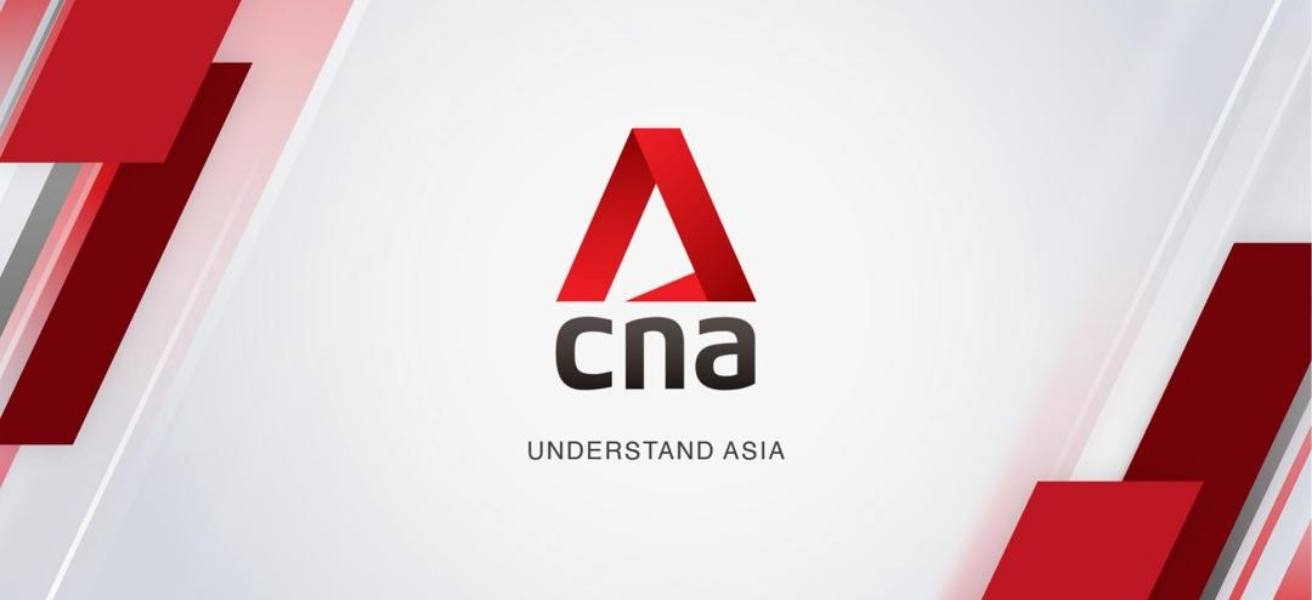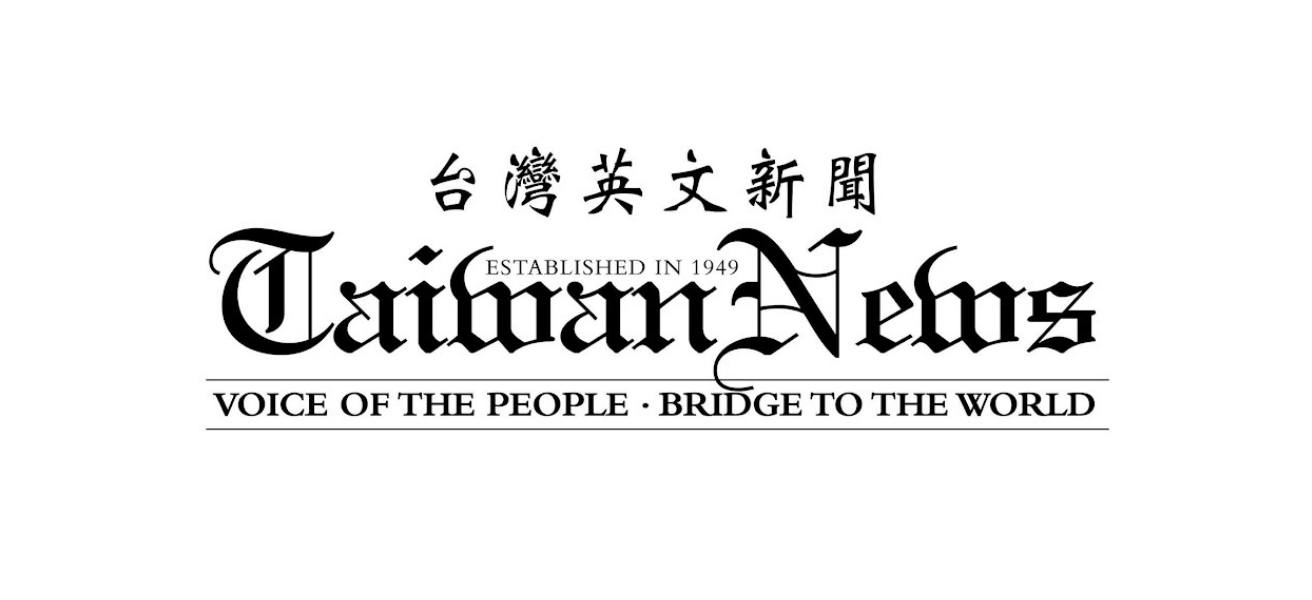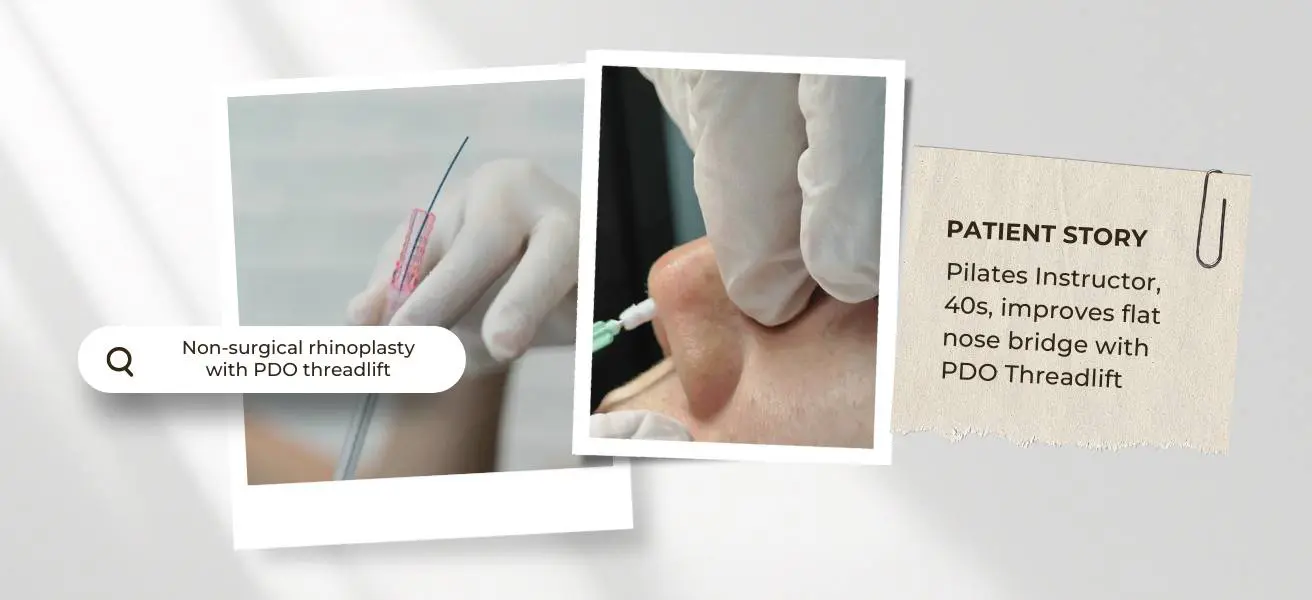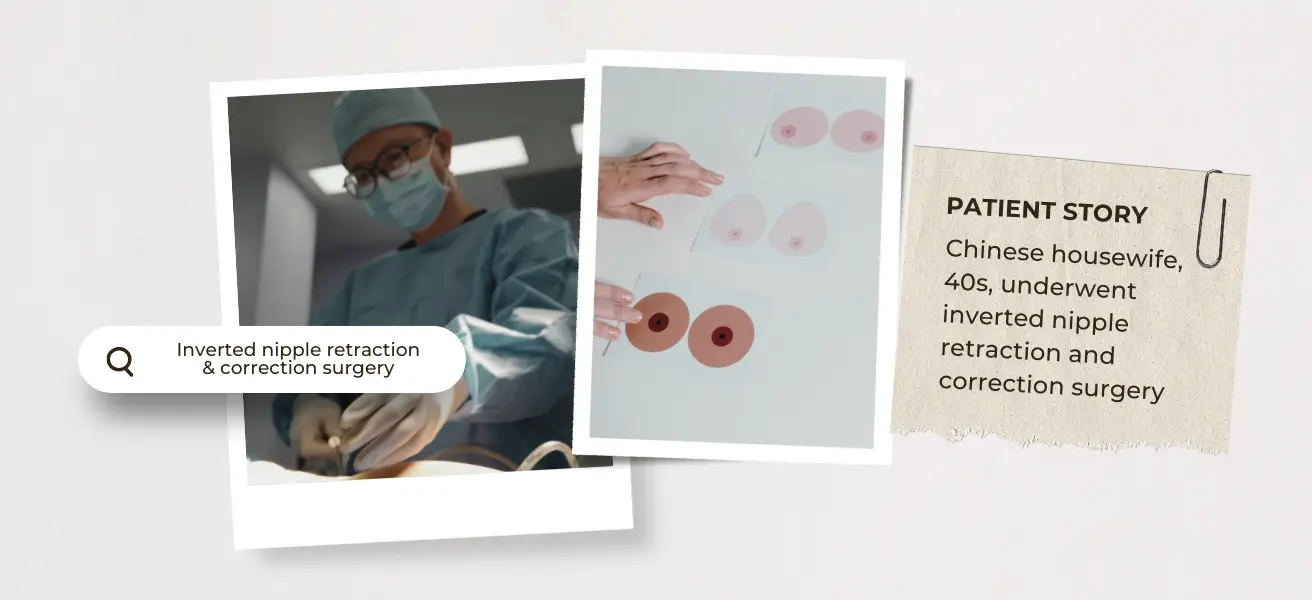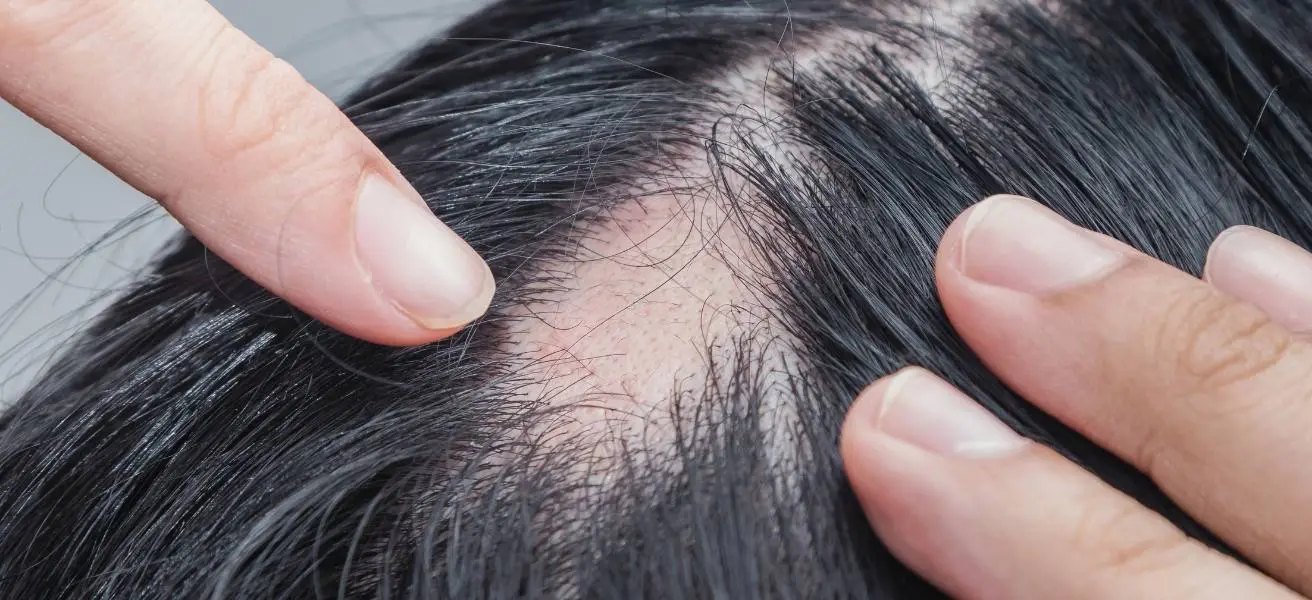"Abs are made in the kitchen." Weight loss, just like abs, also starts in the kitchen. Here are some healthy dietary habits to consider.
Table of Contents
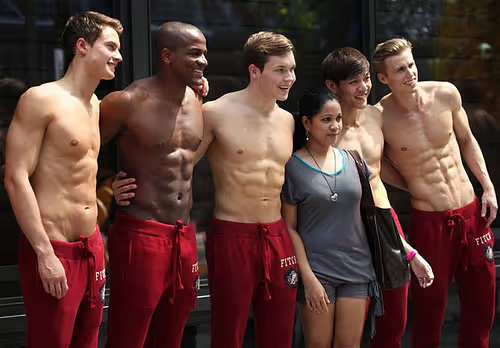
We all know Abercrombie & Fitch for their shirtless male ‘models’ (their term for sales associates), who would flaunt their washboard abs in-store and at brand events.
This American casual wear brand indeed has a history of hiring good-looking front-liners to fit its preppy all-American image and to drive sales, which has only courted controversy and criticism for the company.
In a past interview with Salon a few years back, then-chief executive Mike Jeffries confirmed that A&F only hire good-looking people in their stores.
“Good-looking people attract other good-looking people, and we want to market to cool, good-looking people. We don’t market to anyone other than that,” he said, which obviously drew flak from the public, as many viewed this as a discriminatory hiring practice.
Following countless lawsuits, the clothing company has since revised its infamous “Look Policy” and also changed its hiring approach, as reflected in this media statement:
“Abercrombie & Fitch will recruit and hire the best associates whose focus will be on offering our customers an excellent in-store shopping experience. We will not tolerate discrimination based on body type or physical attractiveness and will not tolerate discrimination in hiring based on any category protected under the law.”
Some Local Companies Hire Based On Looks Too

If you disagree with A&F’s shallow hiring policy, you’d be disappointed to know that such hiring practices also exist in Singapore.
We asked HR managers across various industries for their thoughts on this, and majority of them – 5 out of 7 – said that they do factor in “looks” as part of their hiring decision, though they claimed that it is not a top-ranking criteria for them.
They added that they do not explicitly mention good looks as a requirement in their job advertisements, but instead used terms such as “pleasant” or “energetic”.
One trend that we derived based on their responses is that they hire based on looks for front-line positions, which require employees to meet and interact with customers.
“Looks play a huge factor when I hire for customer-serving roles because these employees will be our customer’s first point of contact. As a brand ambassador, they need to be pleasing to the eye, and generally have a pleasant disposition, so that they align with our brand image,” said Rajiv Rai, a hotel manager.
Madeline Poh, who is in the retail sector, concurs that these frontline employees play an important role as the “face” of the company. “How they carry themselves will reflect the company, and attractive people generally tend to be viewed as more likeable,” she added.
Allan Chia, who works in the marketing industry, said that beyond looks, he focuses on the overall physical appearance.
“Very visible and excessive tattoos and piercings, or outrageous hairstyles, are a no-no because the harsh truth is that it affects an individual’s credibility as a professional,” he pointed out.
Adding on to these reasonings, Nazirah Hasman, who is in the customer service line, said that it all boils down to the job scope. She added that she also appreciates employees who make an effort to groom themselves.
“Good grooming skills are associated with other positive traits such as good hygiene; and overall, this speaks volumes about their character. As the saying goes, there is no such thing as ugly people – only lazy people, right?”
But Isn’t Hiring Based On Looks Unlawful In Singapore?

In Singapore, no federal legislation currently exists that specifically bans employers from making employment decisions based on criteria that includes physical attractiveness or personal appearance.
Several non-job-related factors are protected by law, however, including age, race, gender, religion, marital status, and disability. Because many of these protected factors tend to overlap with physical attractiveness or personal appearance, employers need to tread cautiously so as not to violate fair employment practices.
That said, you can hire based on looks – but within reason.
As expounded by Allan and Nazirah earlier, here’s a middle ground for consideration: have standards in place for personal appearance and a professional image such as appropriate dress code, accessories, and grooming habits.
“A great image can be a plus in the workplace and in business, given our biases, but true substance and talent must be considered first and foremost,” countered Doris Ng, who works in the publishing industry.
“What’s the point of a pretty face if they are not competent at the job?” she questioned.
Salim Nawer, who works in the automotive industry, shared the same sentiment as Doris, and emphasised that attractiveness can carry one only so far.
“The image of a company cannot be sustained by looks alone. The most important thing is to give good service. If you are good looking but have a poor attitude, customers won’t appreciate that.”
At the end of the day, organisations should make sure that these standards do not discriminate against protected groups and classes, and that the standards are not overly stringent and make sense for their type of business.
Making A Great First Impression In Job Interviews

After all that’s said and done, it is clear that the beauty bias is real – looks and image domatter in some aspects.
Some may lament that an individual is born with good looks, no thanks to “good genes”. But that does not mean that improving your looks is something that you have no control over.
Meet Amaris B. Clinic. With their passion focused on making customers looking and feeling good, you can be sure that they are the ideal place to satisfy your beauty needs.
They offer a range of carefully-tailored medical aesthetic treatments for both men and women that target face, skin, ageing, body, hair, and even wellness concerns, so there is bound to be a suitable treatment for you.
When looking good, the state and health of our skin is of utmost importance. As such, Amaris B. Clinic provides an extensive array of medical aesthetic treatments, such as non-surgical 4D facelift, dark circles/eye bag removal, skin lifting and even acne management.
For those struggling with fat issues, Amaris B. Clinic has got you covered with their body contouring and fat reduction treatments.
And since tattoos hamper your chances of getting a job, you can also undergo a Picolaser Tattoo Removal process at Amaris B. Clinic. Picolaser Tattoo Removal is an advanced laser technology that delivers extremely short pulses of energy (pulse duration is less than one nanosecond) to break up tattoo pigments.
The laser is able to specifically focus on a particular area of a tattoo, leaving the surrounding skin largely unaffected. In other words, this treatment is simple and safe, and you can do no wrong engaging qualified help to aid your tattoo removal.
You will be in the good hands of Dr. Ivan Puah, who is the medical director of Amaris B. Clinic and the appointed doctor-trainer by Allergan Singapore. With more than 15 years of dermatological and beauty aesthetics experience, he is definitely the best person to attend to your concerns.
Following the treatments at Amaris B. Clinic, you can be assured of a more confident and beautiful you – and this will ultimately earn you a better chance of landing yourself a job.
They say that the first impression is also the last impression, so make it count!











